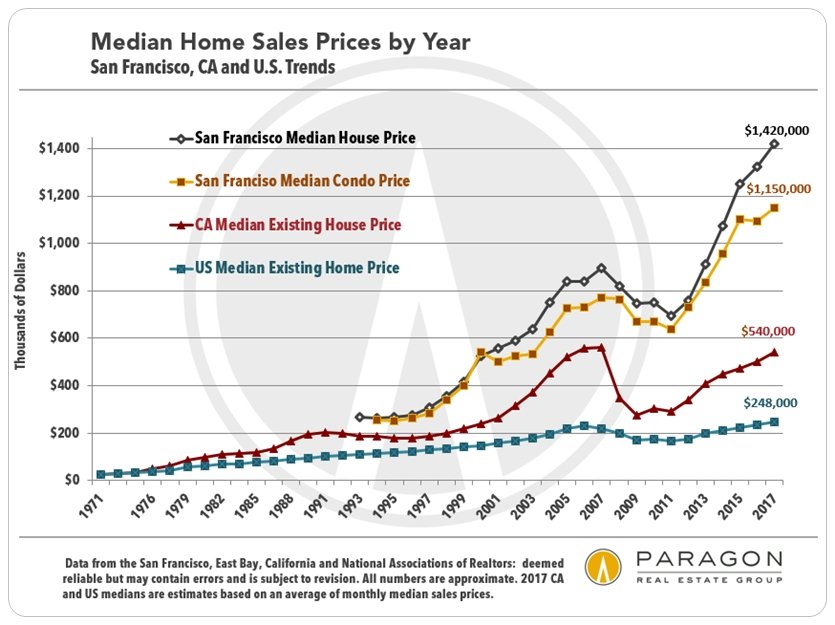Decolonizing Housing

According to Jackie Fielder (Two Kettle Lakota and Hidatsa), who is queer, Latina and a former candidate for the California State Senate in San Francisco, the cause of California’s housing inequities is far bigger than COVID-19. It stretches back to colonization, when, she said, “the commodification of housing — the idea that one should only be housed if one has enough resources to pay for it — began to take hold on this land.” Instead, Fielder proposes a housing market based on need, not profit.
Even before the pandemic, approximately 53% of California renters spent more than a third of their household income on rent, with about a quarter spending more than half on it. People of color and working-class renters are particularly likely to face this hardship. Meanwhile, California’s intense real estate speculation only increases gentrification and displacement.
HCN: When running for California State Senate, you campaigned on moving to a housing system based on need, not profit. Can you explain the difference between a market-based and a need-based housing system?
JF: Market-based housing is what we have now, where each person is allocated housing according to what they can afford, not necessarily what they need. Here in the Bay Area, that means that there are thousands of people that go without shelter and many that go without stable, adequate housing in the most basic sense.
(Housing) according to need would be a system in which the government could fund, guarantee and coordinate the allocation of housing, no matter what anyone could afford.
HCN: What are the drawbacks of a need-based housing system?
JF: I don’t see any. In my opinion, if housing is a human right, it needs the protection of the federal government and the state government to make it so.
HCN: The Centers for Disease Control and Prevention (CDC) has extended the eviction moratorium. After that, many renters across the country may owe months of rent and face eviction. How will this further exacerbate our housing crisis?
JF: In a pandemic — where we’re seeing thousands of people being evicted because they cannot afford to pay rent, either because they’re unemployed or someone in their household has lost employment — if we don’t cancel rent, if we don’t add a gigantic stimulus in the realm of hundreds of billions of dollars to renters, we’re going to see an explosion of homelessness. We’re going to see more cases of coronavirus because people are jam-packed in households. That’s the harsh reality, and I don’t think that we’ve seen the worst of it. I think it’s going to be a long time until we see the actual devastating effects of this economic downturn.
Now, if we got to the point where housing was a universal right, which we should, there are still policy problems. It’s worth noting that housing is a universal right in Cuba, but there are no obligations about keeping up the housing (not to mention the proper state support since there’s no money) so you have situations where people do have housing but it’s tremendously run-down or only barely exists…unless you have a relative in Miami sending you money and then you probably have created gaudy ridiculousness all over the place.
But who really cares about this right now? We can get to those problems when are closer to facing them. The important issue is that a capitalist housing market is a disaster for the poor. Housing absolutely should be a guaranteed human right. We can deal with the other policy problems once we establish that.


